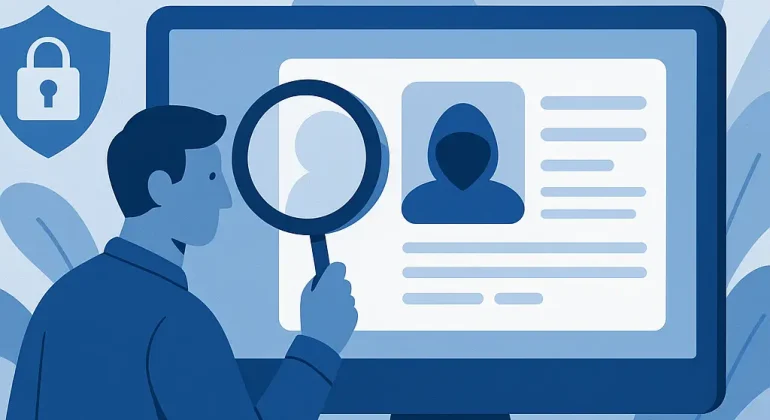The increasing reliance on digital platforms has reinforced the critical role of access to online identification data in enforcing rights. Yet, this access remains deeply constrained by a fragmented legal framework, often subordinating victims’ rights to the anonymity of wrongdoers. In practice, victims of civil wrongs are deprived of effective recourse, while only serious criminal offenses may justify lifting anonymity.
Sommaire
I – Legal mechanisms to access identification data
Civil investigative measures under article 145 CPC
Victims may request data disclosure under Article 145 of the French Code of Civil Procedure before initiating legal action. This allows a judge to order disclosure measures to preserve or establish evidence, including the identity of pseudonymous online users. However, such access is fundamentally restricted by Article L. 34-1 of the French Postal and Electronic Communications Code (CPCE), which prohibits civil litigants from accessing connection data, such as IP addresses, outside the criminal sphere.
This limitation has de facto created a regime of civil impunity for online misconduct, even when the infringement is deliberate and documented, as in the case of identity theft or reputational harm.
Criminal measures and the threshold of serious crime
By contrast, the CPCE authorizes the retention and disclosure of identification data in the context of criminal proceedings. These include:
- Subscriber information,
- Account registration data,
- Payment-related information.
Yet access to connection logs (IP addresses and source ports) is conditional upon the existence of “serious criminal offenses,” as required by Article L. 34-1, II bis, 3° CPCE. This threshold creates interpretative uncertainties, as demonstrated by recent case law.
II – Typology of online anonymization strategies
Identifying offenders online involves varying degrees of complexity:
- Use of real identity: Rare and easily traceable.
- Pseudonym with real data: Requires platform cooperation.
- Pseudonym with fake data: Necessitates IP address to cross-reference with ISP records.
- Advanced anonymization (VPN, TOR): Identification becomes technically improbable without real-time surveillance or source port data.
The IP address is often the only viable path to traceability—yet it is precisely the element least accessible under civil jurisdiction.
III – Case law analysis: Meta vs. Telegram
In the case involving Meta (CA Paris, 10 Sept. 2024, n° 23/16504), the Court denied access to IP addresses based on the proportionality principle and the perceived minor gravity of the identity theft. Meta’s defense—claiming non-possession of certain data—further underscores the inadequacy of enforcement mechanisms, especially where platforms fail to collect or retain relevant information.
Conversely, in the Telegram case (TJ Paris, 12 Nov. 2024, n° 24/57625), the judge ordered disclosure of all relevant data, including IP addresses, in response to a blackmail attempt. The decision bypassed the gravity requirement, focusing instead on the necessity of the measure to halt ongoing criminal behavior.
These cases reveal a dangerous inconsistency in judicial interpretation, leading to legal unpredictability and selective access to justice.
IV – Legal uncertainty and the challenge of enforcement
While the LCEN (Law for Trust in the Digital Economy, Art. 6, V) imposes a mandatory data retention obligation on hosts and ISPs, the 2021 decree is interpreted by platforms like Meta as optional in nature. This legal ambiguity undermines enforcement and shifts the burden onto victims, who are forced to navigate Kafkaesque procedures.
Moreover, a victim cannot even obtain proof that their own stolen data is misused, as access to IP logs is categorically denied in most civil contexts.
Conclusion and strategic insights
Access to online identification data remains structurally unbalanced, favoring anonymity over redress, particularly for civil victims. The current framework, riddled with procedural thresholds and vague terminology, fails to uphold the fundamental right of access to justice. A legislative clarification is urgently needed, alongside a stricter enforcement of data collection duties by platforms.
Dreyfus Law Firm advises and represents clients in complex cross-border matters involving digital rights enforcement, online reputation, and intermediary liability.
Dreyfus Law Firm is partnered with a global network of Intellectual Property attorneys.

